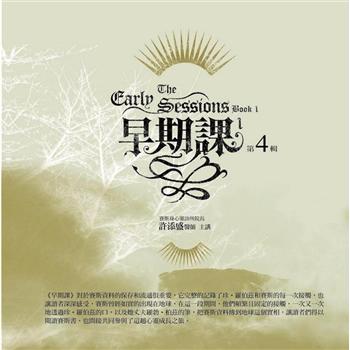Attitudes Aren’t Free: Thinking Deeply about Diversity in the US Armed Forces emerged from a vision to collect essays from the brightest voices of experts across the range of contentious social issues to catalyze productive discussions between military members of all ranks and services. Forty-nine experts contributed to the following 29 chapters writing on the primary themes of religious expression, homosexuality, gender, race, and ethics. Chapters appearing in this volume passed the scrutiny of a double-blind peer-review by one or more referees from the board of reviewers. The chapters are largely written in a colloquial, intellectual op-ed fashion and capture a "snapshot" of the current discussions regarding a particular topic of interest to uniformed personnel, policy makers, and senior leaders. Each section seeks to frame the spectrum of perspectives captured within the current debates and lines of argument.
Authors were specifically asked not to address all sides of the issue, but rather to produce a well-reasoned argument explaining why they believe their well-known position on an issue is in the best interests of the military members and make specific recommendations about how best to address the policy issues from their perspective.
The volume is arranged in four primary sections by theme: Religious Expression, Homosexuality, Race and Gender, and Social Policy Perspectives. Within each section, readers will find multiple chapters-each embracing a different perspective surrounding the section’s theme. Thus, because of the unbalanced nature of many of the individual chapters, it is critically important that readers focus on the entire spectrum of perspectives presented within a section to ensure they have the context necessary to frame any single perspective.
Diversity of opinion has been the hallmark of the United States since its dramatic birth in 1776 and has continued unfettered through today where we now have developed the most innovative and effective military the world has ever known. Thus, it is imperative that we continue to reflect upon the diversity of ideas about how best to formulate the "right" social policy to ensure our service members can most effectively execute their missions.












